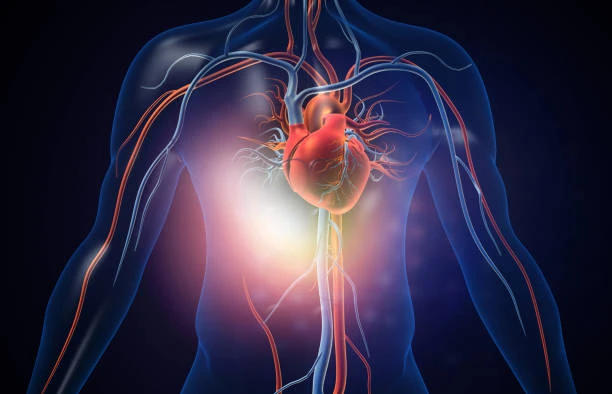Experts have calculated how many times a person's heart beats in a lifetime



Olivia Dean has been declared the Queen of Pop Music in Great Britain
The first week of spring will bring happiness to 4 zodiac signs
What happened to Astghik Alaverdyan's son? the actress elaborates
The life of the three zodiac signs will change 180 degrees in the coming days
Lamborghini has completely abandoned the project of an electric supercar (Photos)
The blogger lost 140,000 followers as a result of the beauty filter being turned off for a few seconds on live air
A piece of my heart. Shushanna Tovmasyan's touching publication with her daughter
Who will be rich and who will be poor from February 15 to 28
How to live in harmony with yourself from February 16 to 22, according to the Chinese horoscope
Spring will bring new financial opportunities and perspectives to the three signs of the zodiac
Highlander will become fully electric (PHOTOS)
iOS 26.3 has been released, with many new features to be found
These three signs will have everything, the rest will regret it, and some will have their lives changed in a week
An electronics repair expert reveals the worst thing you can do to your smartphone battery
I want to go forward with you. Tina Kandelaki congratulated her husband, who is 12 years younger than her (Photos)
February 8 horoscope for all zodiac signs
Remember these dates. The most powerful and favorable days of February 2026
February 8 horoscope. What do the stars suggest today?
These zodiac signs will soon win. money will flow like a river
Success will fall from the sky on Sunday. February 8 horoscope